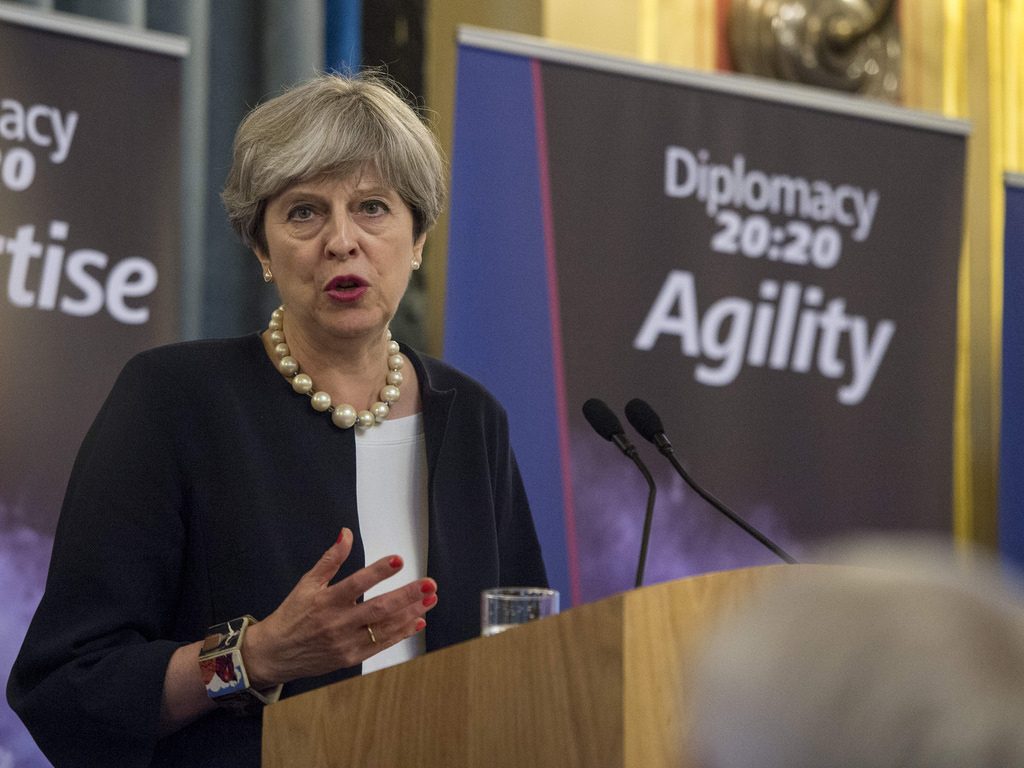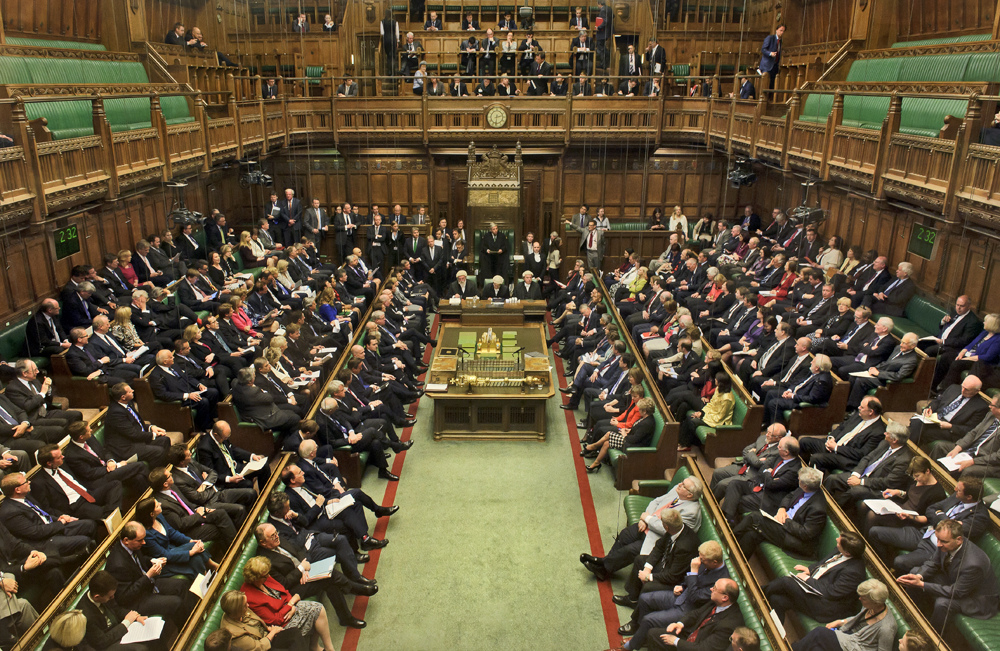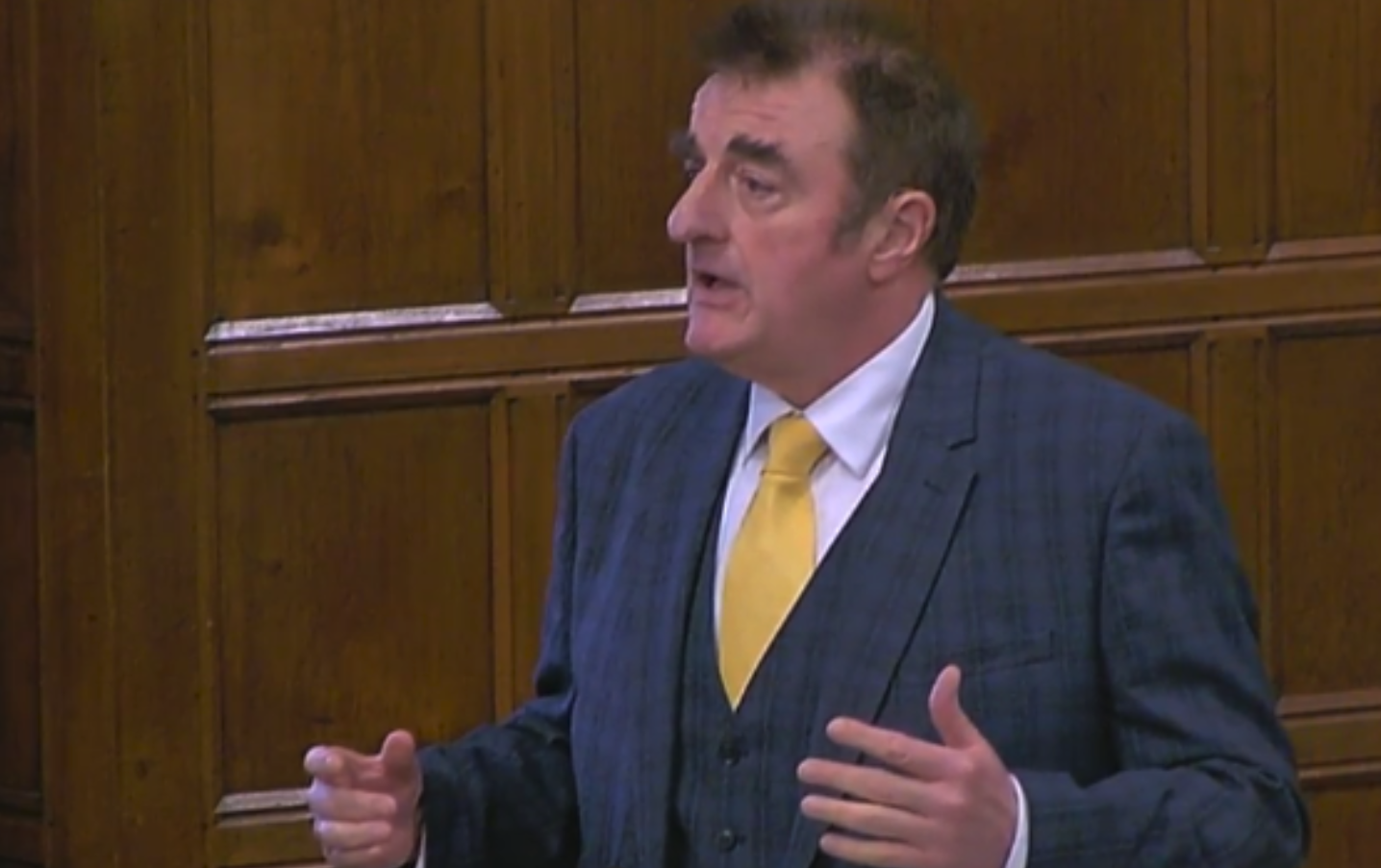MPs say they have been left unassured about the fate of the Human Rights Act following a debate about the future of human rights in the UK.
SNP politician Tommy Sheppard rounded up a 90-minute debate saying he felt he was “left without the unequivocal and categorical assurances I was seeking, in terms of the commitment to the existing Human Rights Act and the protection that it affords”.
Sheppard raised the debate on human rights in Westminister Hall on Wednesday, after Government ministers failed to confirm that the act would not be reviewed or scrapped after Brexit in a letter to The House of Lords.
“I hope we may get that [assurance] in the future, but that ambiguity ensures that we will be returning to this debate in months ahead,” Sheppard concluded.
‘No Plans’ To Exit Convention

Theresa May has previously spoken out against the Human Rights Act. Image Credit: Number 10 / Flickr
However, Edward Argar, a Parliamentary Under-Secretary of State for the Ministry of Justice, told the room that the UK has “no plans” to review or scrap membership to the Human Rights Convention – a core foundation of the Human Rights Act.
Argar said that the UK “is committed to membership of the [the Convention] and will remain a part to the [the Convention] after it has left the European Union”.
Human rights are not new. It goes all the way back to Magna Carta
Edward Argar
“Human rights are not new,” he continued. “This didn’t begin with the European Convention of Human Rights, the Human Rights Act or our membership with the European Union and it shall not end with the EU. It goes all the way back to Magna Carta.”
The undersecretary went on to stress that the after Brexit, the UK’s relationship to the European Union “should be underpinned by shared values and respect for human rights and fundamental freedoms.”
A debate on the future of the Human Rights Act is taking place in Parliament today. @TommySheppard (SNP): “There’s a lot of unfinished business, particularly as concerns what happens after Brexit.” pic.twitter.com/U7S6bCiJdo
— RightsInfo (@rights_info) February 13, 2019
“The UK is committed to human rights. Our exit from the EU does not change that or signal a desire to reduce human rights protection,” the MP for Charnwood, added.
“Human rights are central to the way we live now, [and] to the way we wish to live in the future. They are an integral part of the society of which we wish to be a part [of] and a reflection of our identity as individuals and of our country.”
‘Human Rights Can’t Be Seen As An Add-On’

The Human Rights Act has been a sticking point in Parliament. (Stock Image: UK Parliament / Flickr)
Although the Human Rights Act has been largely left alone while Parliament works on a divorce deal from the EU bloc, some MPs have become concerned about its future after Brexit.
In his opening remarks at today’s debate, Sheppard stressed that human rights could not be forgotten during the Brexit process, and insisted that the UK needed to continue to uphold human rights both at home and internationally.
Human rights need to be essential to Government at all levels
Tommy Sheppard
“Human rights can’t be seen as an add on to policy or as an afterthought,” he added. “They need to be essential to Government at all levels. It needs to be driven into every aspect of government policy.”
His sentiments were echoed by many peers including John Howell, the Conservative MP for Henley, who said “human rights are too important to be used as a political football in this game of Brexit”.
‘Brexit Threatens Human Rights Protections Across The UK’

Image Credit: Jo / Flickr
Joanna Cherry, the SNP politician for Edinburgh South West, added that “the Brexit process threatens human rights protections across the UK”.
Tommy Sheppard has been a staunch defender of human rights since he was elected to his seat of Edinburgh East in 2015.
Talking to EachOther a day before the debate, Sheppard said that all too often our human rights are taken for granted, but that does not diminish their importance.
“Someone once said the price of freedom is eternal vigilance so I think most people never really have cause to think very much about their human rights,” he said.
“They certainly never have cause to go to court to uphold them and they probably most people don’t know somebody who ever has had to go to court to uphold their human rights but the fact that they’re there gives us a better quality of life every day.”







